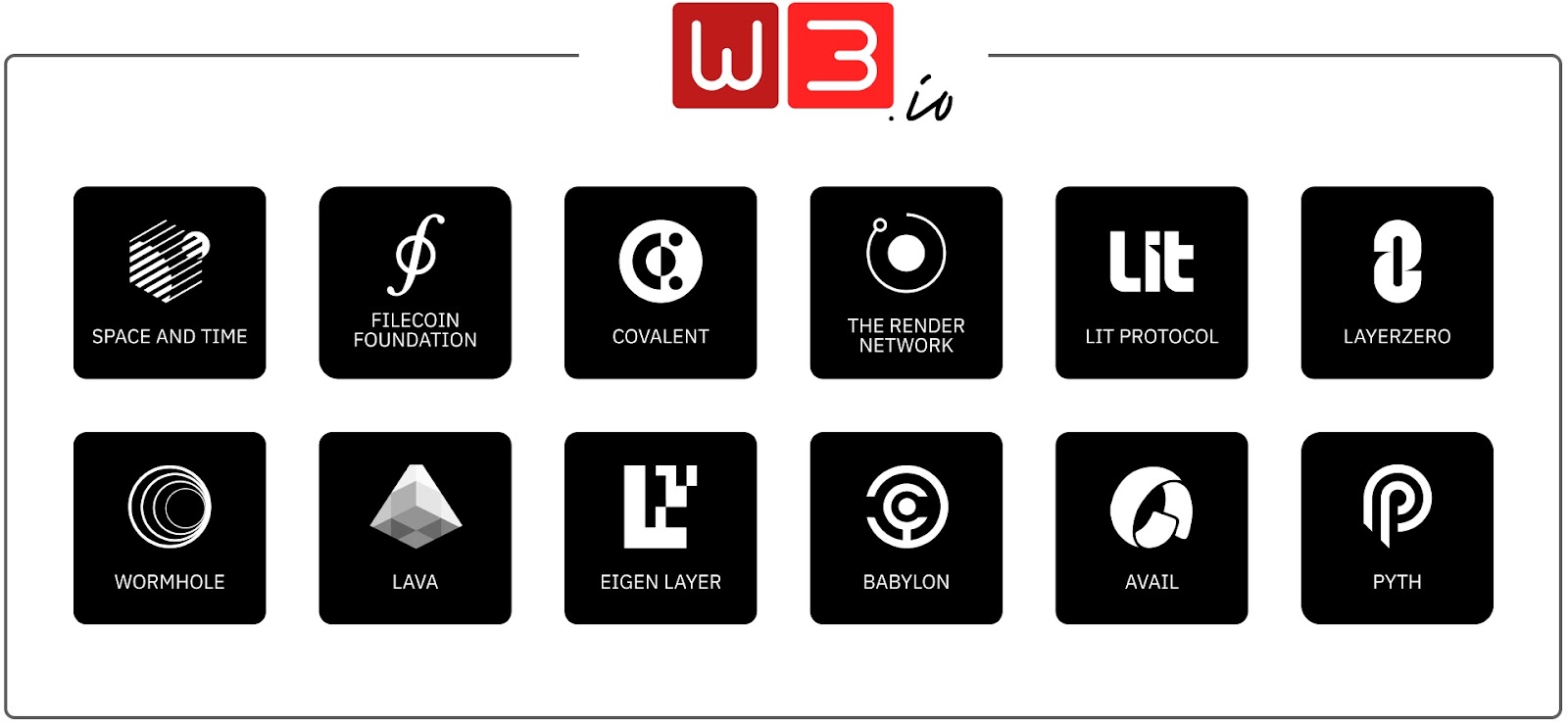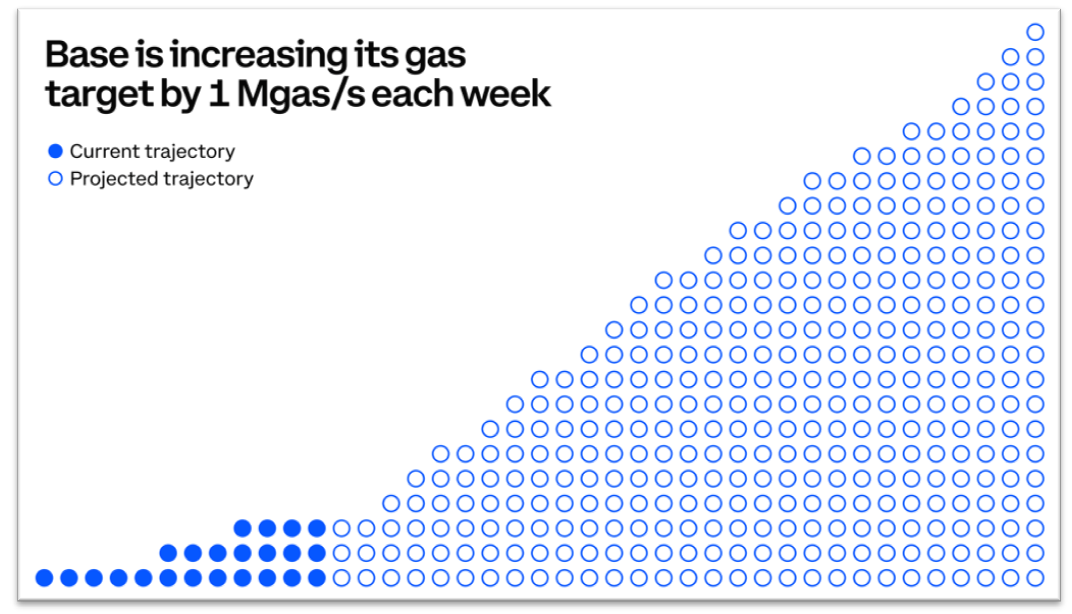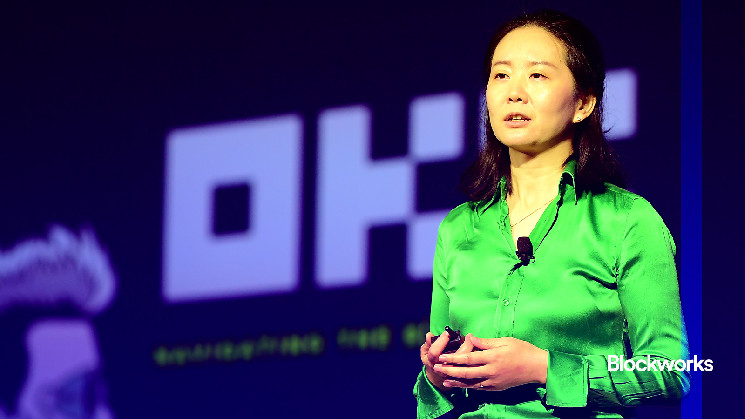Right this moment, benefit from the 0xResearch e-newsletter on Blockworks.co. Tomorrow, get the information delivered on to your inbox. Subscribe to the 0xResearch e-newsletter.
New tech for cross-chain interoperability
A number of groups are making strides to boost the crypto developer expertise, providing superior tech stacks with the final word aim of simplifying the onboarding expertise for brand spanking new customers.
OKX has launched OKX OS, an open-source infrastructure suite of instruments, SDKs and APIs wanted to construct purposes throughout a variety of blockchains, together with Ethereum, Bitcoin and Solana.
This new stack permits builders to leverage the identical know-how that powers the OKX Pockets, and goals to simplify and scale improvement for 100+ chains, the corporate introduced Monday.
One other new path towards an omnichain person expertise is Axelar’s Mobius Improvement Stack (MDS).
The tech stack, unveiled at this time, is obtainable as vendor-agnostic structure built-in into well-liked OpenZeppelin libraries.
Axelar’s MDS additionally marks the mainnet debut of its Interchain Amplifier for permissionless cross-chain connections on the smart-contract layer. The Interchain Amplifier is secured by staked AXL, or restaked property like ether and bitcoin.
This method locations cross-chain interoperability entrance and heart, spanning numerous L1s together with Solana, Stellar and XRP Ledger — with out requiring bridges. But it surely additionally provides a approach to join off-chain assets, like zk or AI co-processors.
Options such because the Interchain Token Service (ITS) facilitate native cross-chain tokens, with use instances corresponding to tokenizing real-world property, enhancing liquidity and enabling fractional possession throughout completely different chains.
In line with Axelar co-founder Georgios Vlachos, MDS is “empowering builders to construct decentralized purposes that compose assets, logic, worth and community results freely throughout a really international web panorama.”
OKX and Axelar’s latest launches tie right into a broader pattern within the Web3 house round bettering developer experiences and person onboarding by way of enhanced infrastructure.
W3.io, launched in September, is constructing the Orchestration Cloud, an trade utility that goals to carry the advantages of an orchestration layer — lengthy confirmed in Web2 environments — into Web3.
Backed by a formidable cadre of crypto builders, W3 capabilities like a complicated oracle and is designed to string collectively a number of providers to help complicated transactions throughout Web3.
Just like Axelar’s MDS, W3 additionally seems to allow builders to construct purposes that not solely operate effectively throughout blockchains but additionally combine off-chain assets.

W3.io can simplify the method of coordinating a number of actions, in line with Scott Dykstra, co-founder and CTO at House and Time.
“The problem that builders have proper now could be stringing collectively a bunch of various providers to perform very complicated onchain duties,” Dykstra advised Blockworks.
For instance, it may assist a recreation handle steps corresponding to monitoring participant achievements, minting NFTs and updating the sport server with new knowledge. W3.io acts as middleware that connects off-chain and onchain actions seamlessly.
Collectively, these applied sciences level to the creation of a holistic ecosystem the place builders can construct decentralized purposes which can be interoperable, scalable and simpler to make use of throughout the complete Web3 house.
— Macauley Peterson
Chart of the Day
Base will increase fuel limits:

Supply: Base
In pursuit of scalability, Base continues to ramp up fuel limits per block. 1 Megagas/s per block will probably be added weekly, with this week’s increment going from 11 to 12 Megagas/s. Base’s said aim is to achieve 1 Gigagas/s capability ultimately.
L2s drastically rising fuel limits have some delicate, however far-reaching implications for Ethereum’s grand roadmap. As defined on The Rollup podcast by Justin Drake, elevating fuel limits reduces the baseline profitability accrued from precedence transaction charges paid by customers, which in flip will increase the dependency on centralized sequencer earnings (MEV).
Since MEV earnings for L2s outweigh transaction price earnings, this may increasingly finally scale back the inducement for L2s to decentralize its sequencer and enter right into a multichain-like shared sequencer association, generally referred to in Ethereum analysis circles as “synchronized composability.”
— Donovan Choy


